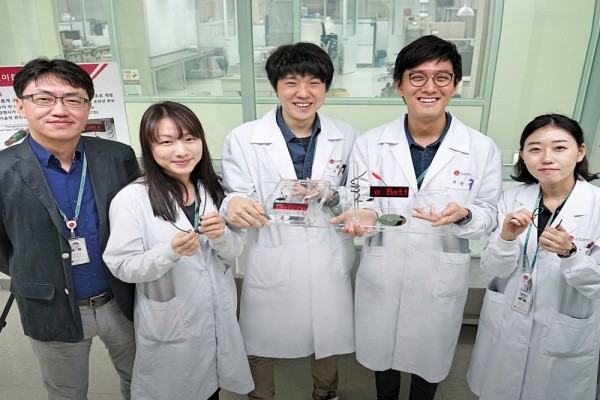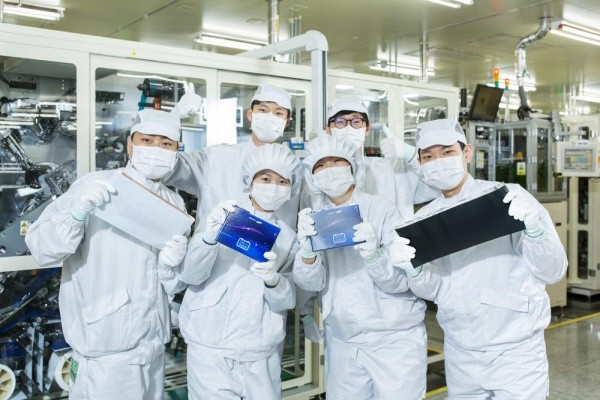The South Korean Government is making efforts to develop and commercialize lithium sulfide battery, all-solid-state battery, and lithium meta battery by 2025. Its strategy is to continue its dominance on the global electric vehicle battery market on markets for next-generation batteries by creating intellectual properties (IP) related to these next-generation batteries.
The Ministry of Trade, Industry and Energy (MOTIE) established “strategies to push for research and development (R&D) on next-generation lithium-ion batteries in order to lead the global battery market” this year and it prepared a total of 11 projects in order to commercialize lithium sulfide battery, all-solid-state battery, and lithium metal battery.

Korea Evaluation Institute of Industrial Technology (KEIT) that manages these 11 projects is going to invest about $426,000 (500 million KRW) this year and invest $25.5 million (30 billion KRW) for the next five years. Its goal is to commercialize the three next-generation batteries by 2025. These 11 projects will be performed by 33 managing and participating institutions. “The purpose of the 11 projects is to push forward commercialization of next-generation batteries as much as possible.” said a spokesperson for KEIT. “Battery manufacturers and automotive manufacturers will take part in these 11 projects and raise overall competitive edge in next-generation batteries and accelerate innovative growth of the nation’s battery industry.”

In a medium and long term, KEIT will also look to secure IPs related to next-generation batteries. It expects that LG Chem and Samsung SDI will prepare a foundation for South Korea’s battery market once they complete their developments of lithium sulfide battery and all-solid-state battery for commercialization. There is a great chance that commercialization of next-generation batteries will take place even earlier than expectations if such batteries are used for Hyundai Motor Company’s electric vehicles.
It is likely that South Korean battery manufacturers will be able to commercialize their next-generation batteries after 2025. However, how they compete against Chinese battery manufacturers such as CATL and the fact that Tesla is looking to reduce its production cost by developing its own next-generation batteries will be crucial for the future of South Korea’s battery industry. The industry believes that it needs to secure IPs early by pushing forward commercialization of next-generation batteries.
Staff Reporter Kim, Jiwoong | jw0316@etnews.com